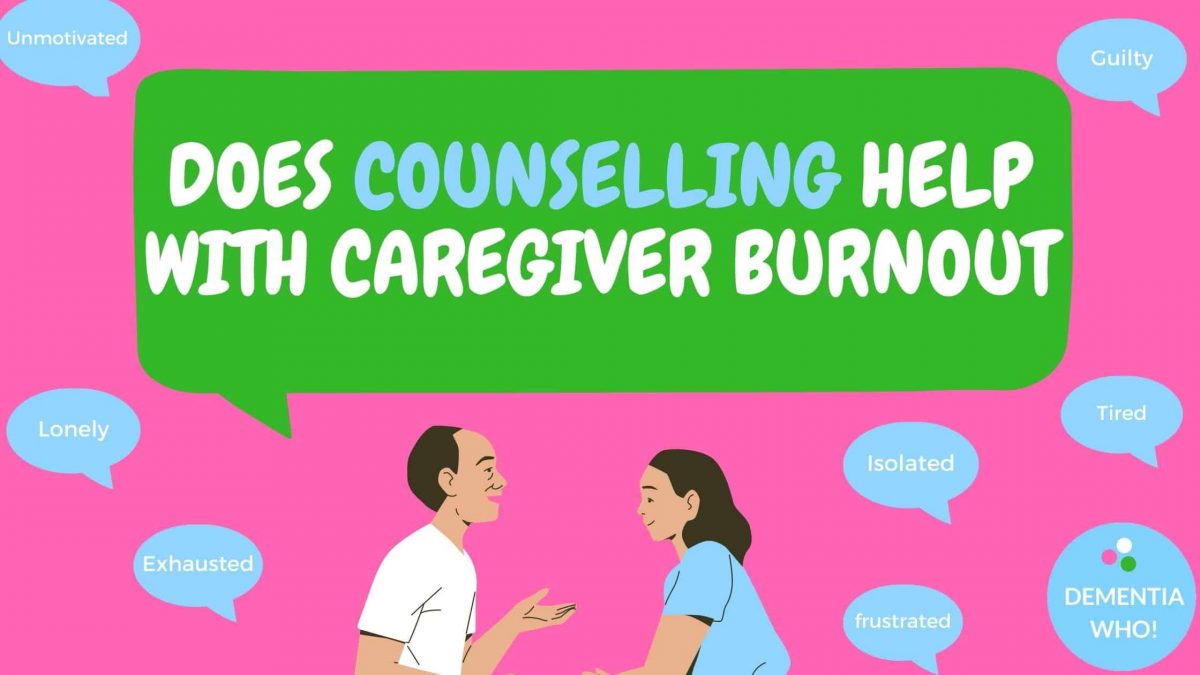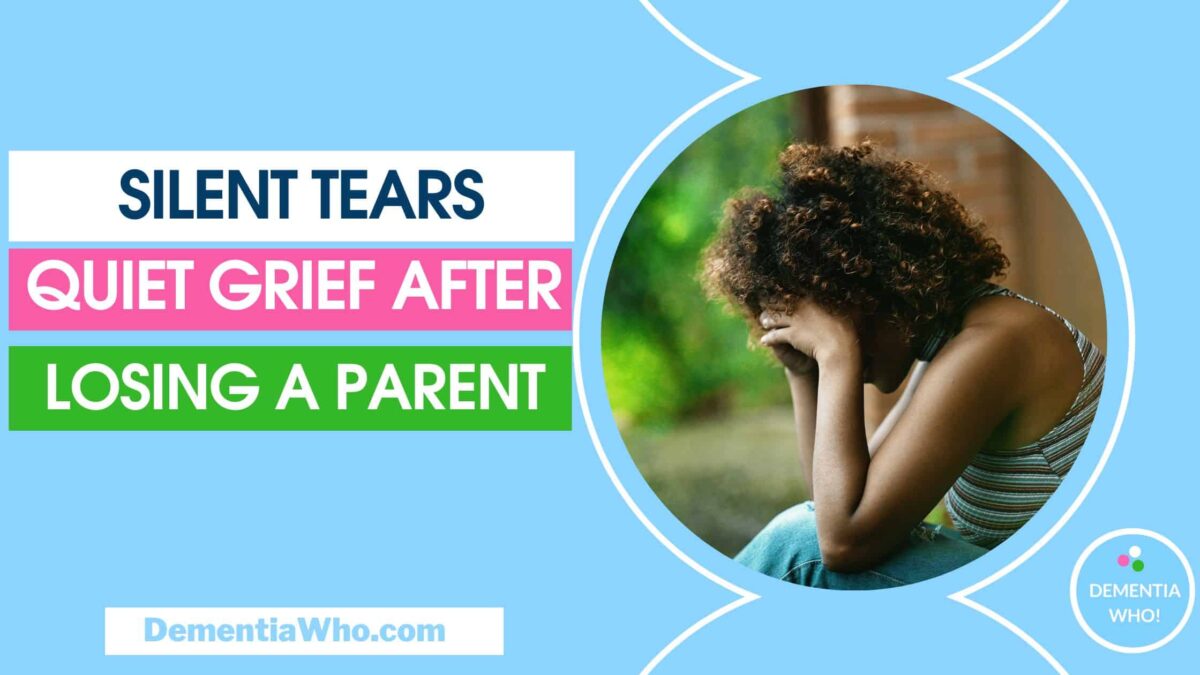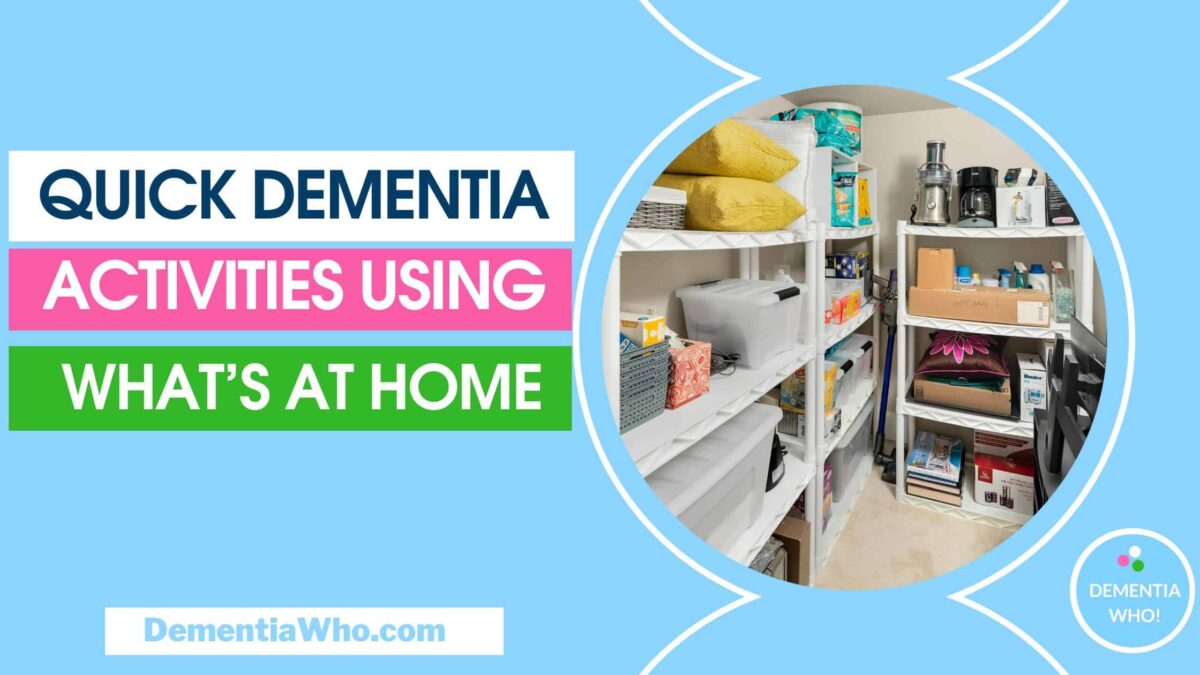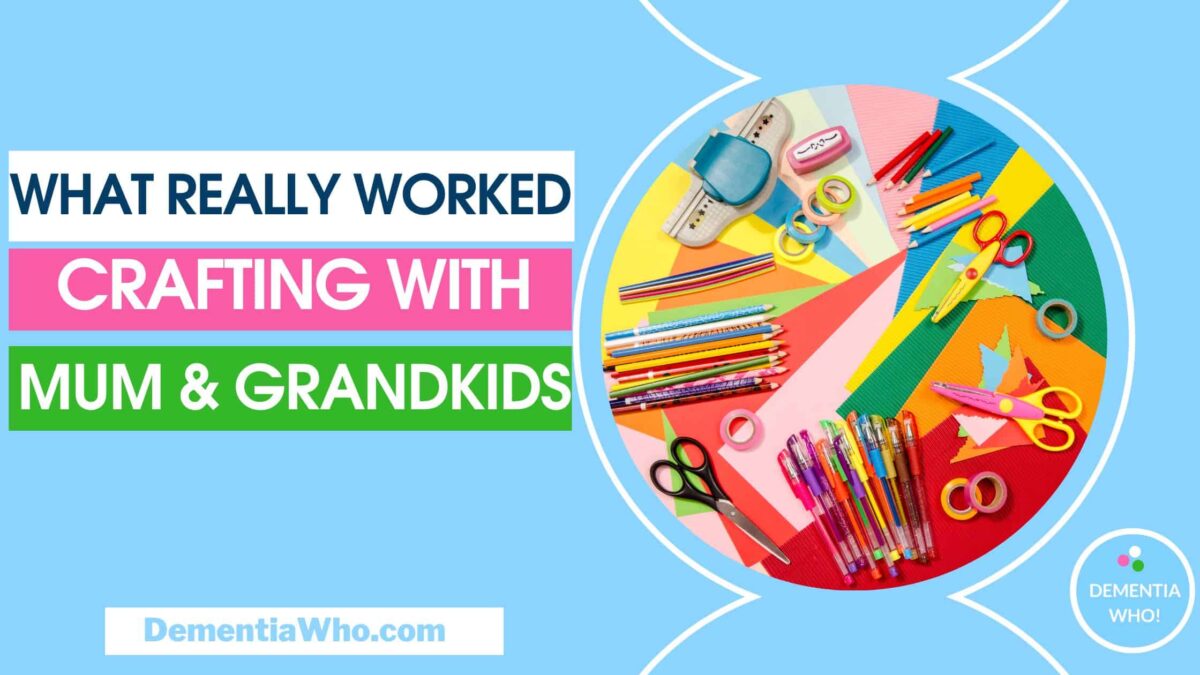If you’ve been struggling as I have from caregiver burnout, and you still feel the way you do, then seeking professional help may be the answer for you. It’s probably the right time to ask does counselling help for dementia caregiver burnout?
I don’t know why it’s so difficult to say that I’ve had counselling sessions with a therapist but I’m sharing my experience with you in case you’re finding it difficult to admit to needing it as well or have worries about what it entails.

What is Caregiver Burnout?
Caregiver burnout is when you’re so physically, mentally & emotionally exhausted from caregiving that you have nothing left to give. What that means will vary from person to person. You can be physically exhausted to the extent that you give up on your personal care. You might be mentally exhausted from the constant worry you have caring for a loved one, or you may be emotionally exhausted from not having any time to yourself. You can even have caregiver burnout without even realising that you have caregiver fatigue. You may notice that you’re falling ill more often. You don’t have any energy or motivation to do anything for yourself. You’re just existing.
Each dementia caregiver’s situation is different. You can read more about mine in ‘Is this Caregiver burnout‘, where I’ve listed and talked more about how caregiver burnout manifested itself in my life.
If you like this blog, why not consider subscribing?
Can seeing a Therapist Help with Caregiver Burnout?
Despite more and more people talking about mental health, seeing a therapist for counselling still holds some stigma. I can only urge those dealing with dementia caregiver stress or burnout to ignore the stigma and push past that to try counselling, a form of talking therapy, with a qualified therapist/ counsellor.
Seeing a therapist provides a safe, non-judgmental environment to talk about your issues, help you explore your feelings, reflect on your experiences, talk about strategies and tools that can help & support you. It isn’t going to be a quick fix, and it will take time. They won’t give you answers to all your problems. They guide you to find your own solutions.
By sharing the details of my life with my therapist, she was able to help me prioritise the areas that I needed to work on and provided me with the tools I needed to produce a positive change in my life. I found speaking to one cathartic.
Below I talk about the process, but if you’d like to read some specifics of the issues we discussed, you can check out my post My Experience of Counselling as a Dementia Caregiver.
Getting the Right Therapist
You may need to try more than one therapist or counsellor to find one that you feel comfortable enough with to open up to them. It helps if you have that trust, feeling of security with them as therapy or counselling won’t work without an open & honest dialogue.
Don’t be afraid to try different ones until you find the right fit for you if your budget or health provider funds it. You can check out their specialities on their professional registries or accredited bodies. Always vet your counsellor/therapist and check they are accredited with a professional body.
- British Association for Counselling and Psychotherapy (bacp.co.uk)
- BABCP | British Association for Behavioural & Cognitive Psychotherapies
- COSCA – Counselling and Psychotherapy in Scotland
- NCS | Counselling and Psychotherapy Matter (nationalcounsellingsociety.org)
- UKCP (psychotherapy.org.uk)
Safe & Secure Environment
It felt like a breath of fresh air being able to speak freely about everything in a safe, non-judgemental environment. I felt that I could speak my truth without worrying about what anyone thought of me, expressing my frustrations and concerns. I was worried initially speaking to a therapist, but she put me at ease. Everyone responds differently. Some hold back, some dive straight in, you may cry, or you may not. I dived straight in with a lot of talk of my feelings on guilt, worry, the future etc.
I had the opportunity to bring up subjects or areas that I needed help in. She steered the conversation, delving into why I felt this way, what brought this on, how do I deal with these feelings – it’s a lot of gentle probing from the answers I was giving, asking me to reflect on what I said and how and why I thought that way.
Process
I completed a pre-assessment form, and the therapist called with an initial interview. You can meet face to face, via telephone or have a virtual session.
She asked questions about what I hoped to achieve from our sessions. She took down details about my medical history, explained how the sessions worked and talked about her specialism.
She provided reassurance around confidentiality and explained how she maintained records & who they were accessible to. I had complete confidentiality except where I expressed anything about harming myself or others.
Timing & Sessions
Each session is an hour, and I had six sessions provided at no cost through a referral from my GP.
It can take several months for the referral to be actioned, so don’t expect to get support straight away unless you’re paying for it privately. If you can identify the need earlier, then do so; maintaining a good relationship with your GP and being open about your struggles makes that process easier. (Much more difficult these days when you don’t have an assigned GP)
Private therapy costs will depend on your therapist/ counsellor’s experience and location from around £40 to over £100.
As I had a limited number of sessions, I did write down what subjects I wanted to talk about, but even with these intentions, openly discussing your thoughts inevitably led to places I wasn’t expecting but turned out to be worthwhile discussing and getting help on.
Finding a Therapist /Counsellor
You can get some free help through the NHS to find a therapist/counsellor
- Your GP can refer you for counselling, but there are long waiting lists.
- In England, you can self refer for help with common mental health problems and talking therapies via NHS psychological therapies service (Improving Access to Psychological Therapies). Find an NHS psychological therapies service (IAPT) – NHS as long as you are registered with a GP.
- As a caregiver, you may get access through charity organisations like Carer’s Trust – their local services sometimes offer free counselling. Find your local carer service The Carers Trust Network – Carers Trust or your local carer’s group may have support group sessions.
- Black Minds Matter UK is a fully registered charity operating in the UK; connecting Black individuals and families with free mental health services
- Mind – the mental health charity offers local services, support groups and sometimes free counselling through their local mind organisations.
- SilverCloud – Free online mental health therapy aimed at anyone over 16 yrs with a 12-week online programme that can be conducted at your own pace. (Wales – SilverCloud. Making Space For Healthy Minds (silvercloudhealth.com)and in limited other places in the UK, e.g. Worcestershire –SilverCloud (Online Therapy) | Healthy Minds (whct.nhs.uk) , Talk Liverpool – Online therapy
- Employee Assistance Programs are normally a benefits program provided as part of your employment and can assist with a wide range of issues, including mental health. They can provide mental health therapists /counsellors via telephone, video or in person, and your employer pays the cost. For specifics, you will need to check your employer details.
If you’re feeling suicidal or self-harming in any way, you should get emergency help as soon as possible – How to get help in a mental health crisis – Mind
So Does Counselling Help for Dementia Caregiver Burnout?
It does help you find an outlet, talking openly with someone who isn’t judging you is freeing. I don’t have all the answers after my sessions, but I have the tools and a path to developing a different mindset to face my problems each day without it burying me. I would definitely advise others who experience caregiver burnout to try therapy as one route to help you. You can read more about it in my post My Experience of Counselling as a Dementia Caregiver.







